(ECNS) -- A Chinese R&D team unveiled a self-developed surgical navigation system on Tuesday.
Featuring precision, portability, and low cost, the system can help doctors accurately locate lesions hidden in brain tissue, just like a GPS.
The system was jointly released by Peking Union Medical College Hospital and Tencent AI Lab. It consists of a navigation tablet, a navigation stick, a depth camera and other equipment. Being small and portable, it can be placed on the head frame.
It took three years for the Chinese team to innovate the system, which has the same accuracy as foreign products. The initial clinical application was successful.
"During surgery, neurosurgeons are not only required to master accurate lesion location, but also need to understand the relationship between the lesion and the surrounding blood vessels and nerves, so as to avoid damaging these important tissues,” said Wang Renzhi, director of the Neurosurgery Department at Peking Union Medical College.
“In fact, the learning process is very long and it requires long-term experience. But this surgical navigation system is convenient and easy to use, which can help clinicians solve many practical problems," Wang added.
"In fact, the learning process is very long and requires long-term experience. But this surgical navigation system is convenient and easy to use, which can help clinicians solve many practical problems," Wang added.
At present, more than 30 clinical trials of the system have been carried out at Peking Union Medical College Hospital, including cerebral hemorrhage, pituitary adenoma, glioma, meningioma, and craniopharyngioma surgeries.









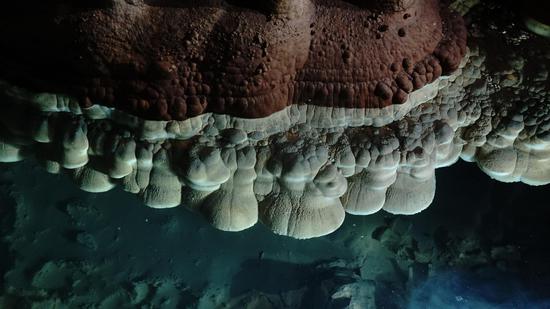



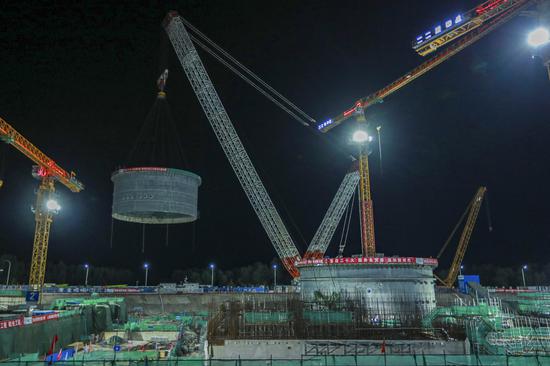

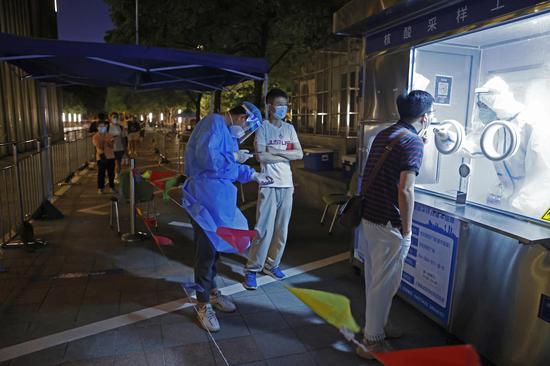


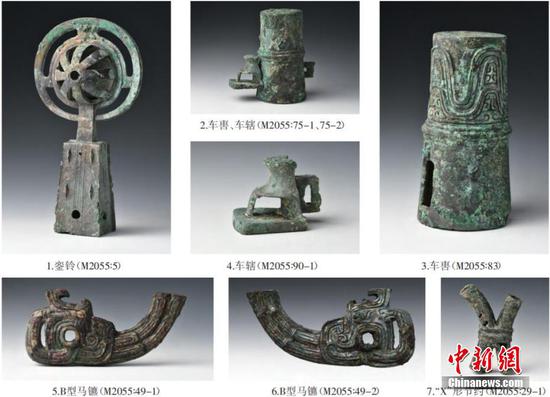











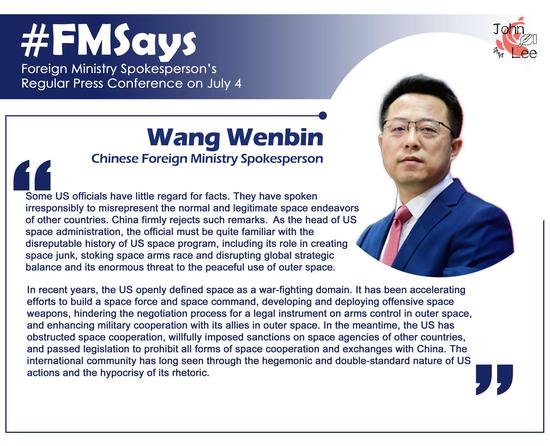

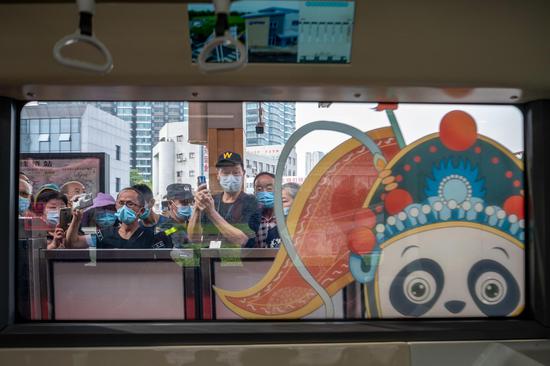




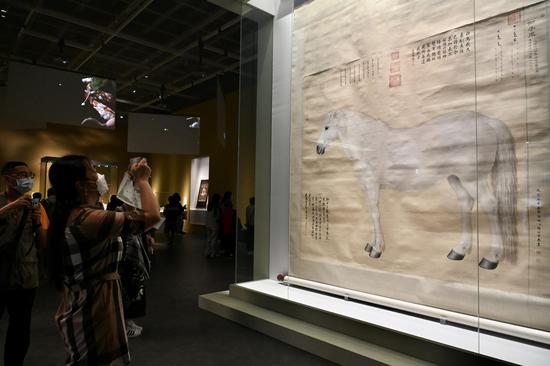

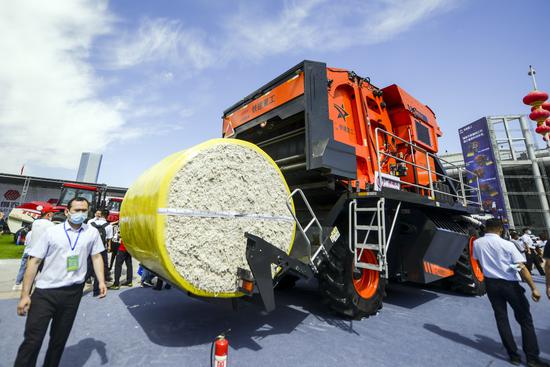










 京公网安备 11010202009201号
京公网安备 11010202009201号